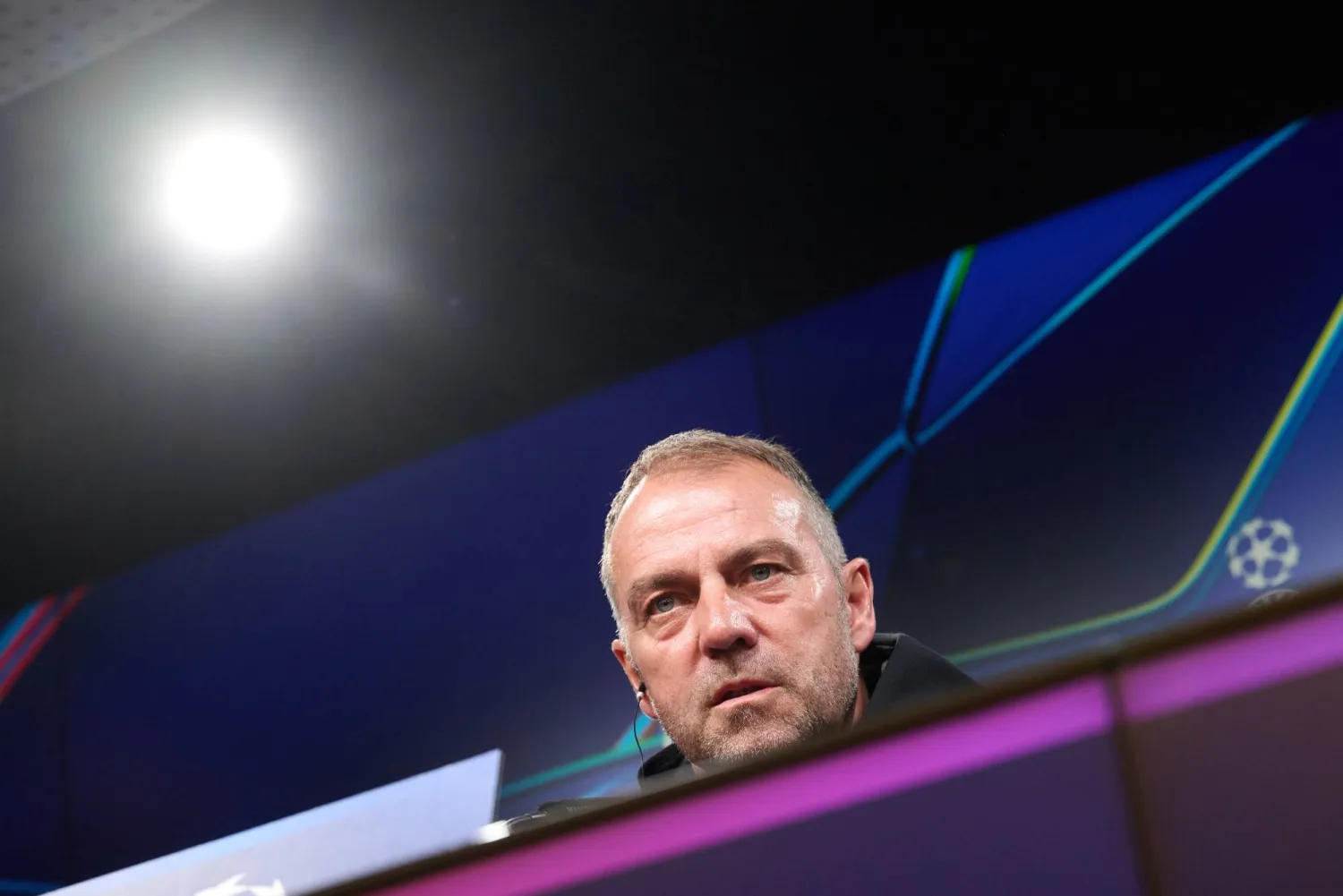Jordan Pickford is not a man for false modesty and most certainly does not do self-deprecation. If his apparently supreme confidence seems slightly at odds with assorted accounts of the England and Everton goalkeeper as a quiet, almost shy, teenager it may stem partly from loan stints in the tough-as-teak non-league habitats of Darlington and Alfreton.
It did not take Pickford long to work out that self-assurance would constitute an essential element in his armory as he ventured out from Sunderland’s academy and strove to survive in a new, rough-around-the-edges “men’s world”. As the 24-year-old puts it: “I learned quite a lot from getting battered by fully grown blokes.”
Wayne Bradley, Alfreton’s chairman, retains happy memories of Pickford’s five clean sheets in 12 appearances during a loan spent covering for the injured Phil Barnes in 2013. Bradley was quickly struck by the contrast between the well-behaved teenager he met off the pitch and the formidable penalty area controller performing on it. “Jordan was a good lad,” he says. “He kept himself to himself and was a little shy. But when he crossed that white line it was all so different. He was so focused and so commanding. He was a class act.”
Alfreton, then in the Conference, represented the second stage of a loan tour which began at Darlington and would steadily transport Pickford up the League pyramid as he variously stopped off at Burton, Carlisle, Bradford and Preston.
After entering Sunderland’s youth system aged eight he progressed smoothly through the Wearside ranks until, in January 2012, he was judged ready for a taste of life at “Darlo”, where he started 17 games for what was then a seriously struggling Conference side.
Craig Liddle, Darlington’s manager, was operating under an acute threat of liquidation and a transfer ban but succeeded in obtaining special dispensation to recruit an emergency goalkeeper.
Options were limited but Liddle, now in charge of Middlesbrough’s academy, had a hunch he was making an inspired signing. “Darlington were under a transfer embargo, so we were only able to sign under-19s,” he recalls. “Without the embargo, I’d probably have gone for a more experienced keeper but I’d coached Jordan when I’d helped with Sunderland’s under-12s and, even at such a young age, it was clear he was a really special talent.
“Jordan was 17 when he came to Darlington and you worry about throwing a young kid like that in. But he fitted in well straightaway. He made his debut in front of about 7,000 people against Fleetwood. We lost 1-0 but, after about 10 minutes, Jordan piled through a crowd of players to catch a corner. I thought: ‘You’ll do for me.’”
Not that it was an easy posting. With Darlington in administration and seemingly super-glued to the relegation zone, Pickford conceded 11 goals in his first five games. “Jordan made mistakes but you expect that,” says Liddle. “The most impressive thing was the way in which he didn’t let the odd mistake bother him. In addition he wasn’t afraid to give lads almost twice his age an earful if he thought they were doing something wrong. He’d be yelling at the defenders playing in front of him; he certainly wasn’t frightened of them.”
Which is not to say his undeniable touch of arrogance was, or is, unhealthy. Pickford’s old friends at Sunderland speak of a character who, as if at the flick of a switch, morphs from ferociously competitive, sometimes downright moody goalkeeper to immensely likable, feet-on-the-ground north-easterner complete with a well-honed sense of humor.
“Jordan was always really, impressively, confident but, above all else, he was also a lovely, down-to-earth lad and he’s still the same character today,” says Liddle. “He hasn’t changed a bit.”
The three-month sojourn with Alfreton proved every bit as formative as those Darlington days. Indeed the no-nonsense reputation of the Midland club’s manager, Nicky Law, represented part of the reason Martin O’Neill, Sunderland’s manager, proved amenable to their request to borrow Pickford.
“Sunderland sent me Jordan because they knew he’d be tested,” said Law, Burnley’s head of youth recruitment. “They knew that with me young players didn’t have their bellies tickled, that they’d be told the truth.
“Jordan was different, though. He was raw but you could tell he ‘had it’. Not only special ability but the right mental attitude. A lot of youngsters are mentally frail. They think it’s all about wearing the right boots. But Jordan had a great attitude. Nothing fazed him.”
Alfreton were so impressed they attempted to buy him from Sunderland. “We tried to sign him when his loan ended but we didn’t quite make it happen,” says Bradley. “You can only wonder what might have been if we’d managed to get a deal done.
“To think he’s gone from Alfreton to playing in the World Cup as England’s No. 1 inside five years is incredible. It’s a credit to him but also to our club. We’re proud to have played a part in his progress.
“We never thought we’d see the day when a former Alfreton player would walk out as England’s first choice. We’re delighted for Jordan. We wish him all the luck in the world.”
The Guardian Sport









